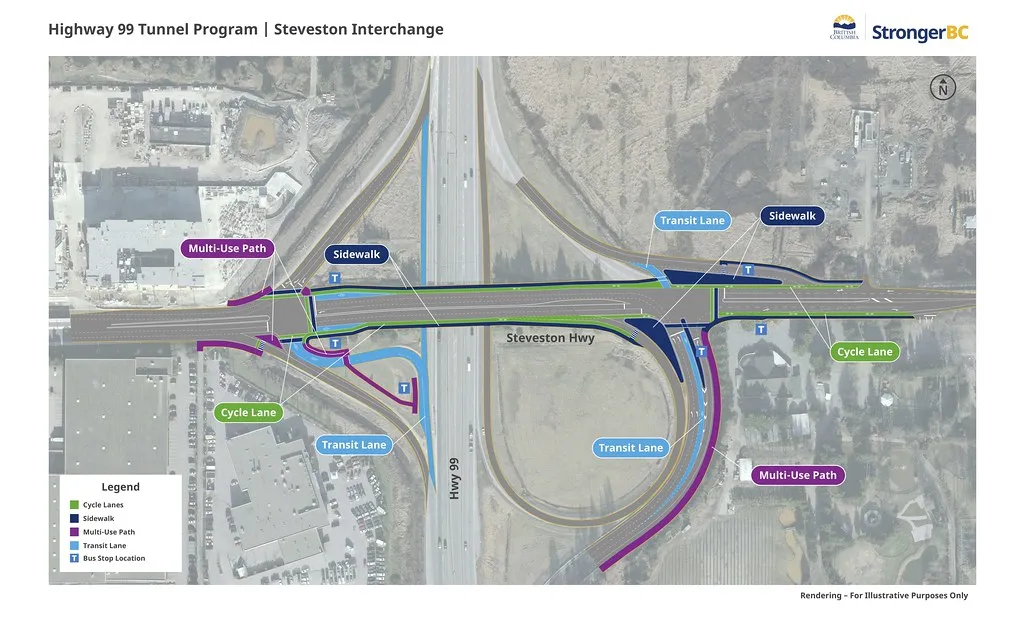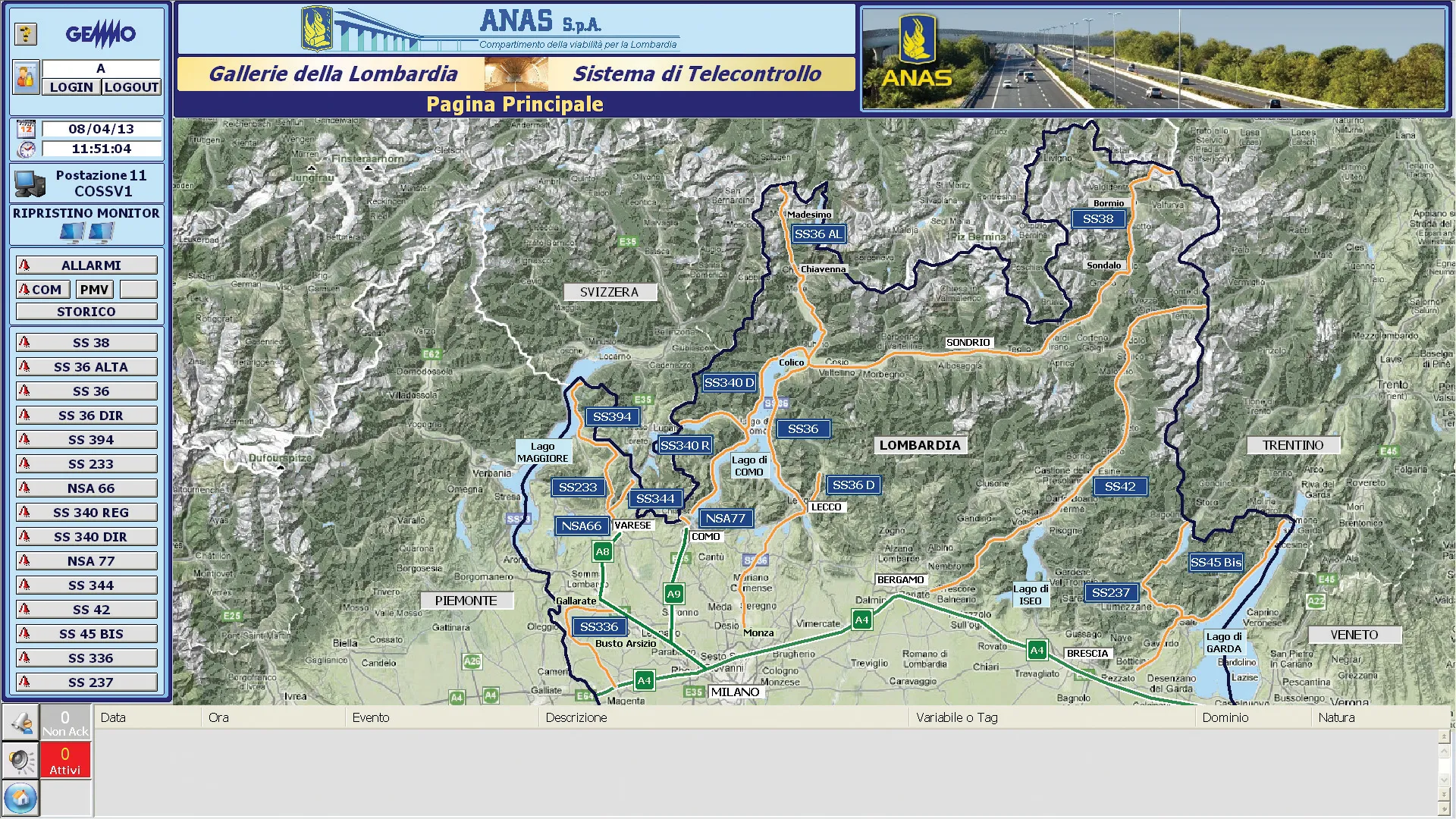
Atlantic City has started repaving the city’s main artery as part of controversial traffic management installations designed to drastically cut pedestrian deaths and vehicle crashes.
Marty Small, the city mayor, said that the much-anticipated paving and traffic light synchronisation of Atlantic Avenue is part of Phase I of the city’s so-called Road Diet plan.
A road diet - also called a lane reduction, road rechannelisation and road conversion - is a technique to reduce the number of travel lanes and sometimes the effective width of the road as part of a plan to boost safety for all highway users, including pedestrians and cyclists.
Travel lanes along Atlantic Avenue will be reduced from four lanes to two lanes, with a centre turn lane and bike lanes on each side. Parking will not be affected, said Small.
The changes, however, are controversial with many people, especially shop owners and gambling business owners. They say that the changes, especially the reduction from four to two lanes, will increase not reduce congestion and make it more difficult for drivers to get to their businesses. They will also make traffic coming in for big events less manageable.
Atlantic City, with a population of around 40,000, is a seaside resort in the US northeast state of New Jersey. The city legalised gambling only in 1976 and is now known for its casinos and nightlife, as well as a boardwalk and Atlantic Ocean beaches. Atlantic City was home to the Miss America pageant from 1921 to 2004 and again from 2013 to 2018.
Other safety improvements along Atlantic Avenue include the addition of brighter streetlights, ADA access at each intersection and new sidewalks, as pedestrian pavements are called in North America.
The changes are in part to make the inner city compliant with the 1990 Americans with Disabilities Act (ADA) that determines it is illegal to discriminate against persons with disabilities. All public spaces, including transportation facilities, must accommodate persons with disabilities. Several measures to help people with disabilities may be applied at an intersection and to the entire sidewalk network. Perhaps most notable are curb ramps, detectable warning surfaces and accessible pedestrian signals at signalised intersections and the slowing down of vehicles.
A city-commissioned study on which the plan is partially based counted 829 collisions on the road between 2013 and 2017. Of those, 75 — or 9.1% — involved pedestrians being struck. Small said he knew several people who were killed in accidents on Atlantic Avenue.
The city mayor also noted that the work comes at zero cost to the Atlantic City’s taxpayers, as the Small administration secured US$24 million dollars between state government and federal government funding for the project.







